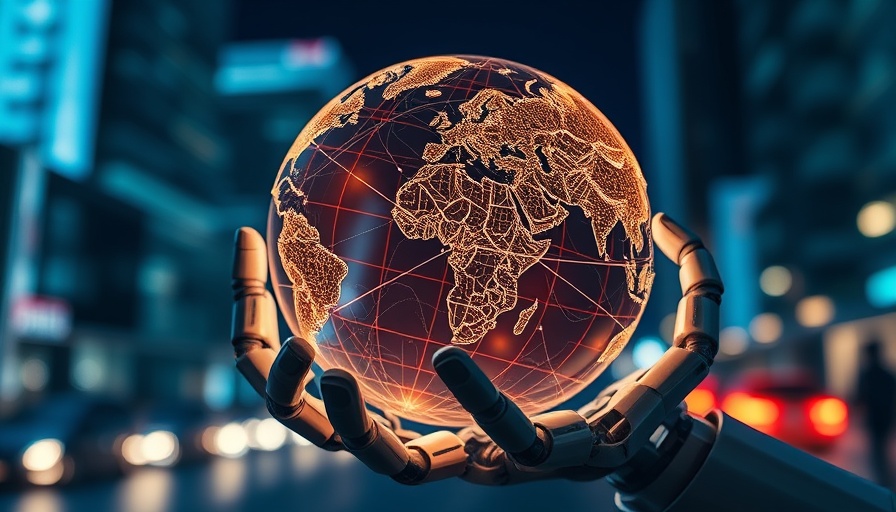
AI in the Workforce: A Promising Yet Challenging Future
As we delve into the impact of artificial intelligence (AI) on development, one striking revelation emerges from a global survey: two-thirds of respondents, across various nations, envision AI playing a vital role in education, health, and employment within a remarkably short span of one year. The pressing question now is whether we are prepared to meet these soaring expectations and harness AI's potential for positive change.
The Urgency of AI Integration
The urgency of integrating AI into our economic frameworks cannot be overstated. In lower-income countries, for instance, the specter of disappearing job opportunities looms large. Considering this reality, it's imperative for decision-makers to consider how they will implement AI technologies responsibly. The choices we make regarding AI today will ripple throughout society, determining the future of work and potentially reshaping productivity and innovation.
Bridging the Gap: Tools for Effective Implementation
In order to successfully leverage AI, educational infrastructures must evolve. This evolution involves providing comprehensive training programs that focus on essential skills. As jobs transform into 'the big unknown'—where both augmentation and automation become commonplace—investments in educational initiatives emphasizing critical thinking, creativity, and emotional intelligence will be paramount. These skills will prepare the workforce for the evolving demands that AI presents.
Balancing Risks and Benefits
While AI has the potential to enhance productivity, it also carries notable risks. Concerns about ethical implications, job displacement, and data privacy loom large for many. That's why engaging with diverse perspectives—from policymakers to developers—is crucial in crafting a framework that weighs the pros and cons effectively. During this pivotal time, fostering dialogue can help mitigate risks while maximizing the benefits.
Realizing Opportunities for Inclusive Growth
The promise of AI isn't limited to merely improving efficiency; it also opens doors for inclusive growth and equitable opportunities—particularly for marginalized communities. By adopting an empathetic approach towards AI development, we can utilize technology to empower underserved populations, bridging the digital divide that unfortunately still exists.
A Brighter Future: The Call for Action
The potential for AI to catalyze development is monumental, but it will require concerted efforts from various stakeholders. Educators, technologists, and policymakers must unite with a shared mission to ensure that AI serves humanity and promotes welfare across global landscapes. Now is the time to embrace this technology wisely, ensuring that its benefits are accessible to all—because the future of work depends on it.
Are you ready to unlock the potential of AI for your personal or professional growth? Discover how to bypass AI detectors and streamline your use of technology through insightful resources like Prompt2Human.
 Add Row
Add Row  Add
Add 




Write A Comment